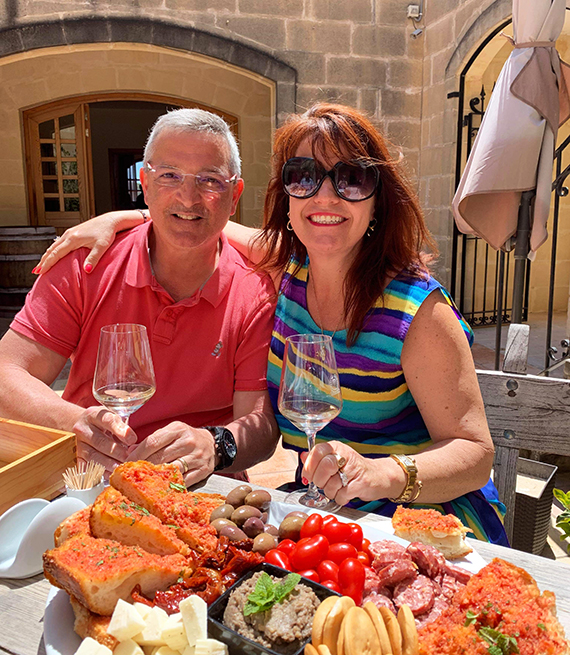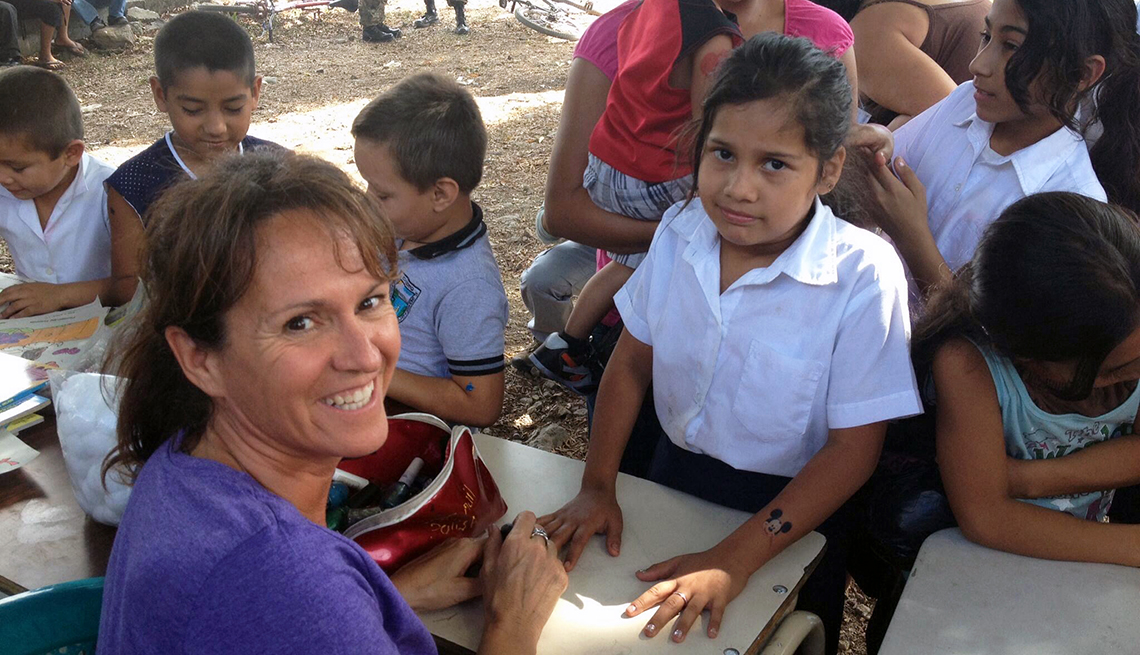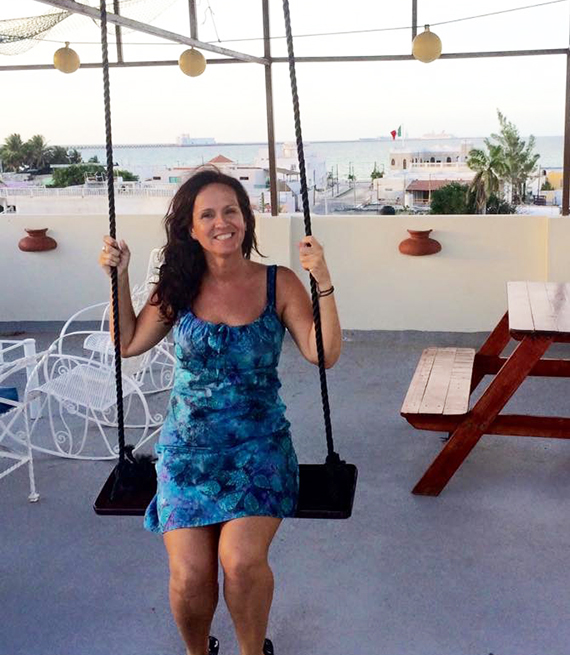AARP Hearing Center
Sonya VanGelderen grew up in Canada but felt the pull to go south ever since she hit her 50s.
Her kids were grown, she was newly divorced and she was ready to invent a happier version of herself. So she set off for Latin America, decided to stay and learned Spanish.
"I wanted to know the real culture, the real people, and I wanted to be able to, you know, say, ‘What a cute little baby’ when I was passing someone on the street,” says VanGelderen, now 57 and a bilingual property manager on the coast in Progreso, Mexico. “I guess I wanted to integrate with the people.”
She's one of thousands of boomers and Generation Xers who retire, or semi-retire early, each year to a warmer, seemingly more exotic or less expensive country. And she's done what many people her age can't: learn a new language.
Though learning a language at any age has been found to stimulate the brain, it's not easy to master a second language when you're older.
But it's not impossible, says Joshua Hartshorne, a researcher and director of the Language Learning Laboratory at Boston College. It's just that young children are much better at it, and scientists still are trying to figure out why.
Immerse yourself in the language early
Two things will help you learn a new language, Hartshorne says: immersing yourself in exclusive use of a new language — and youth.
"Being young is good” when it comes to this, he says. “Being in the place where the language is spoken and trying to speak it all day is even better. So, moving to a country where the language is spoken and trying to learn it there will be even more successful if you're 2 years old at the time that you do it."
For those of us who are older, well, it's kind of like juggling, says Roger Kreuz, a psychology professor who studies language at the University of Memphis. He also is coauthor of Becoming Fluent, a book that describes the process of learning a second language in adulthood.
7 tips to become fluent
1. Find your motivation.
2. Set specific, realistic goals.
3. Be public with your goals.
4. Find a study buddy.
5. Talk to people who speak the language.
6. Accept that you will make mistakes.
7. Practice.
"Juggling appears very impressive if you can't juggle,” Kreuz says. “But it turns out that almost anybody can learn how to do it in a fairly short period of time, assuming that they get the effective training for doing it.


"Just because something may appear difficult doesn't mean it's necessarily going to be impossible to do it at a certain age,” he says.
Don't discount small talk
Eileen Azzopardi has tried to pick up languages everywhere she's moved. She was a U.S. Navy wife whose husband was stationed in Sardinia, Italy, on the last stop of his military career.




































































